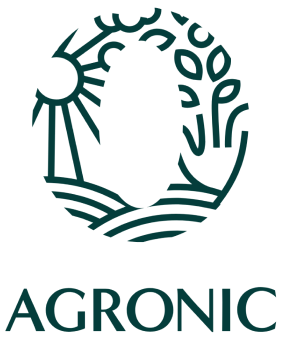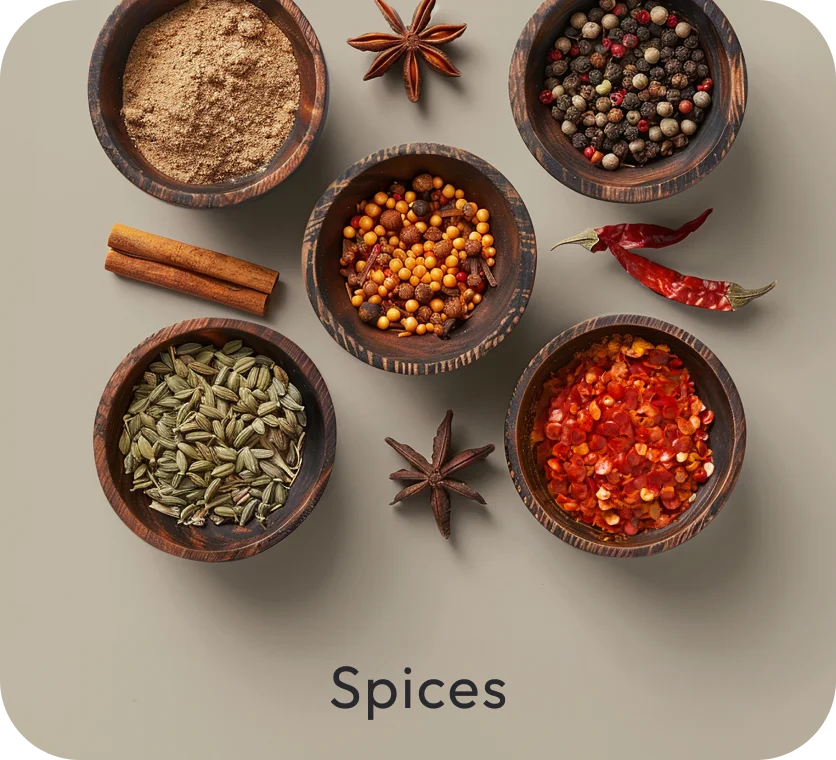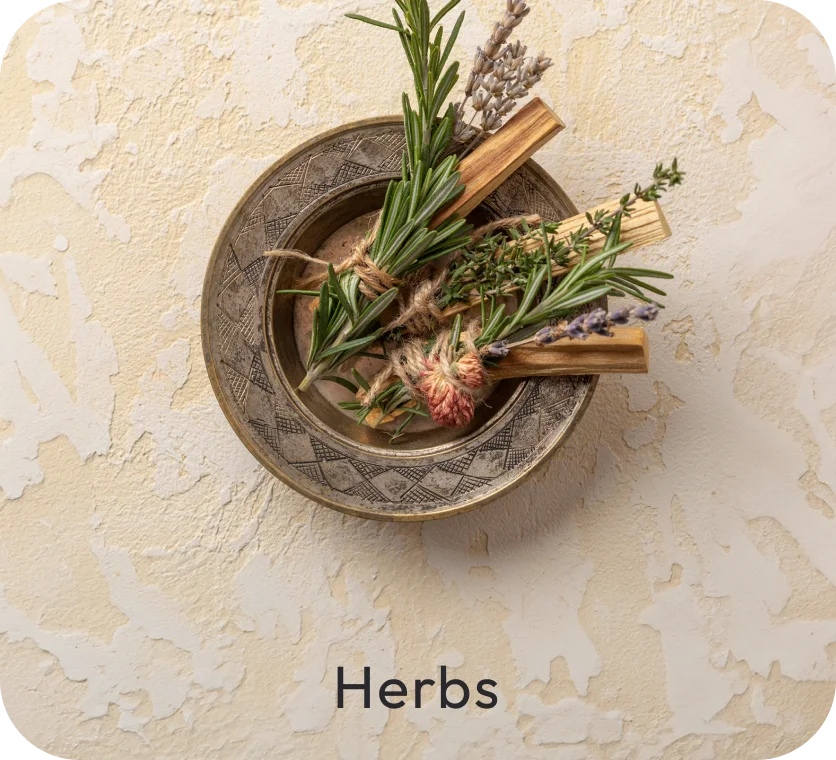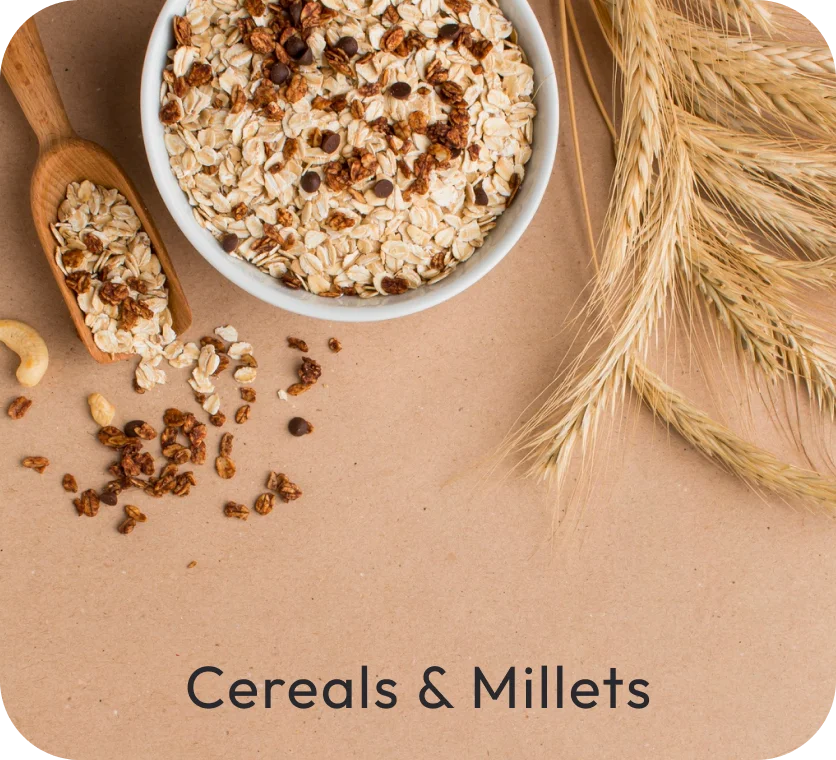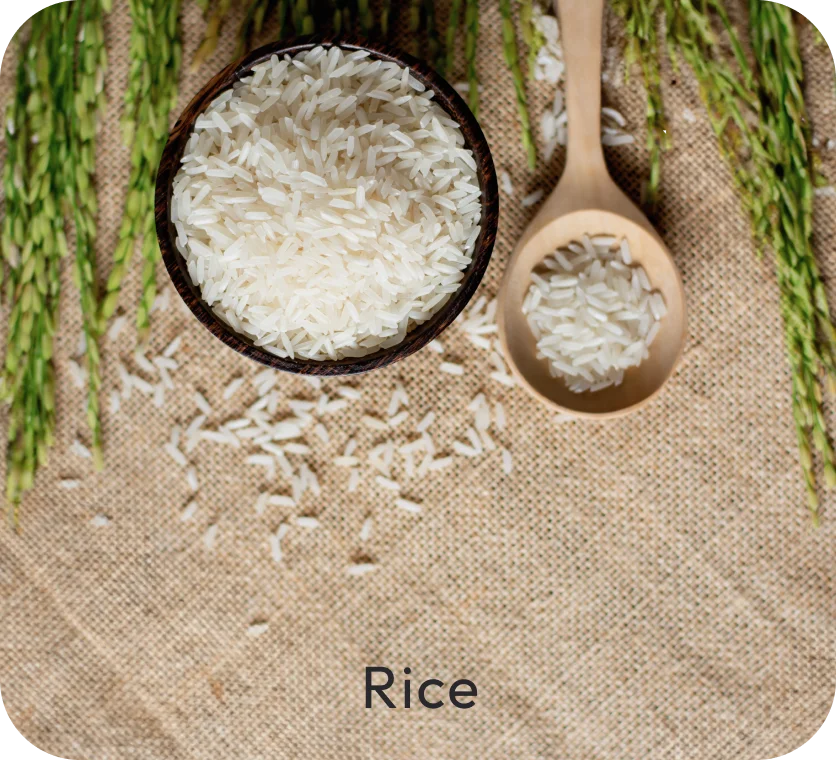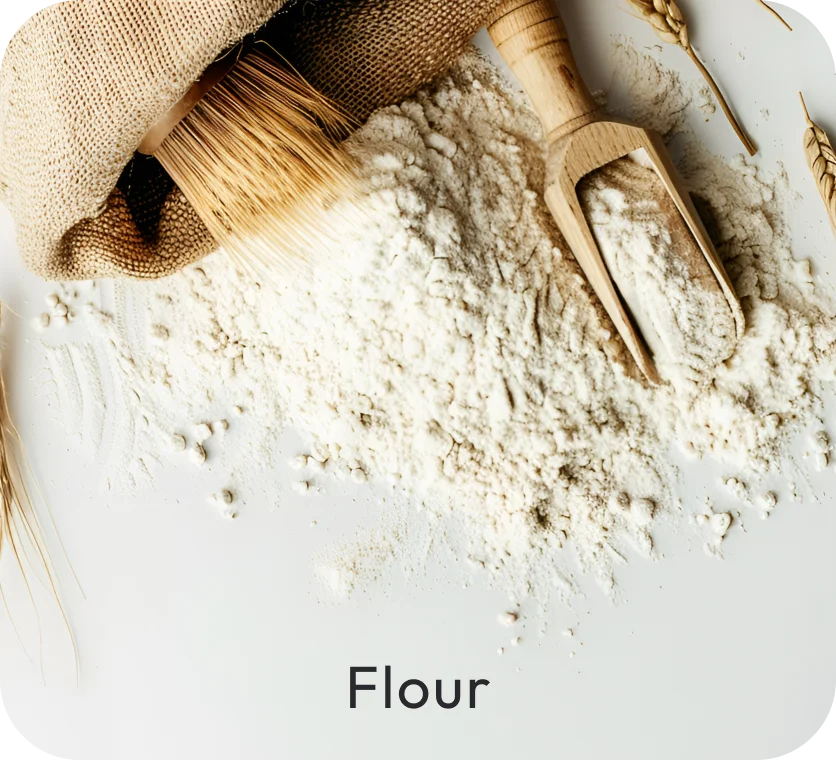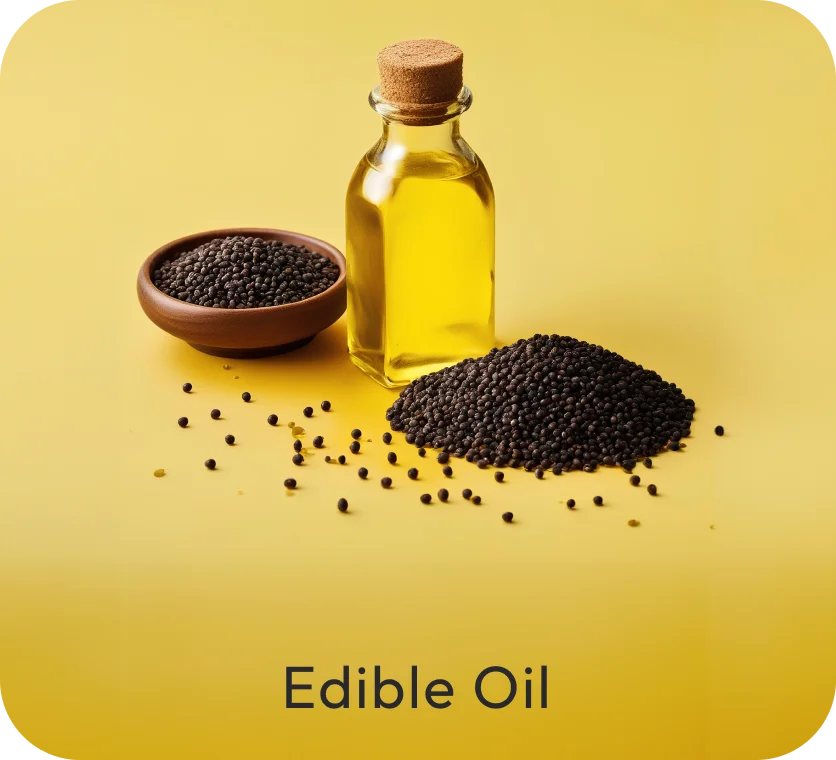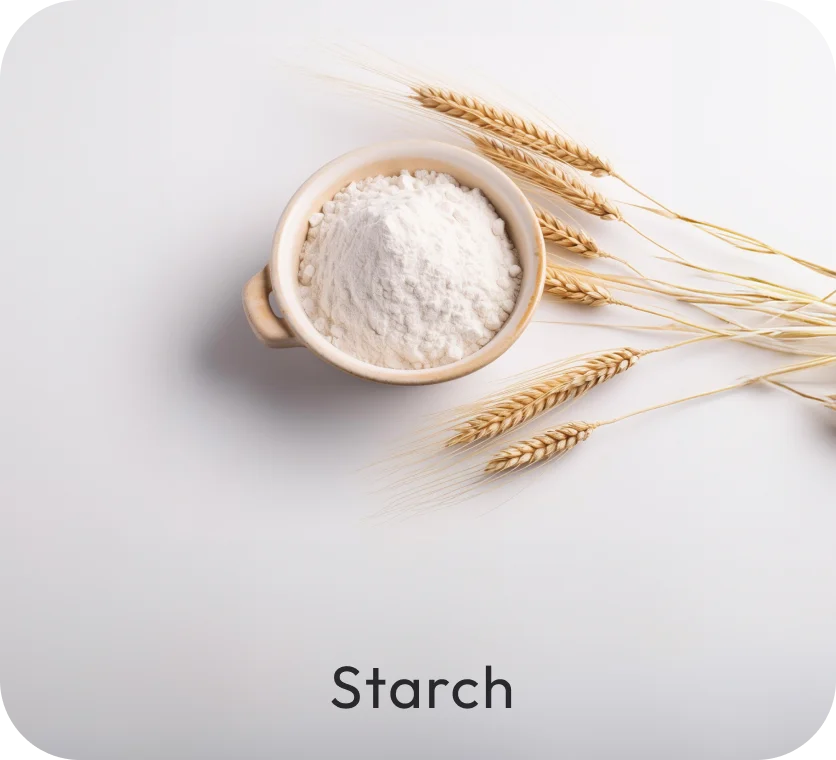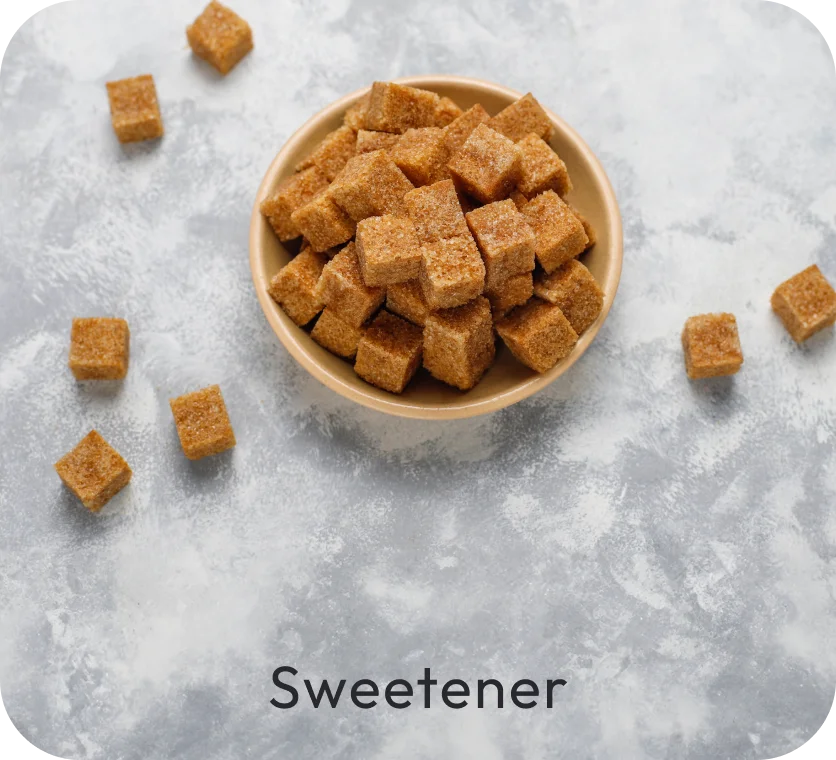Leading the Future of Organic
Cultivating
Growth Together
Exporting Quality food ingredients, Grown with Care
Who We Are
Global Leaders in Organic Supply
Serving over 30 countries, Agronic Food Pvt. Ltd. is a trusted supplier of certified organic ingredients. Our commitment to quality and sustainability positions us as a preferred partner for businesses seeking reliable organic sourcing solutions.
Certified Organic Assurance
Our products are certified under USDA Organic, EU Organic, and India Organic standards, ensuring compliance with global regulations and meeting the highest quality benchmarks.
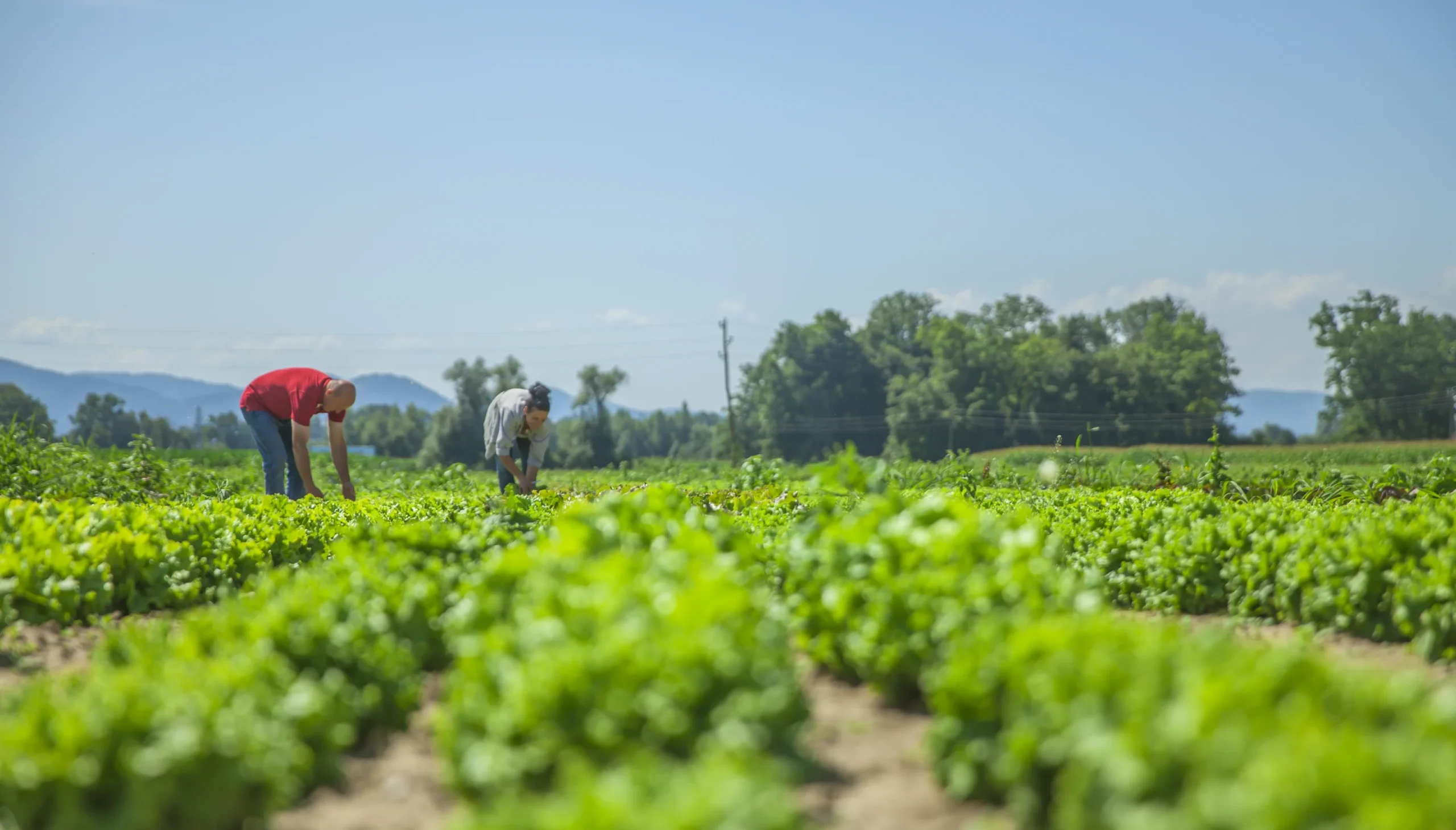
Certified Organic
We Are Certified From









Certified Organic
We Are Certified From









Ensuring Purity and Excellence
Your Partner in Organic Excellence
Our products are certified by USDA/NOP, NPOP, CAR, and EU standards. We offer a diverse range of non-GMO, gluten-free, and kosher organic items, all meticulously verified for authenticity, quality, and sustainability.
Our products are certified by USDA/NOP, NPOP, CAR, and EU standards. We offer a diverse range of non-GMO, gluten-free, and kosher organic items, all meticulously verified for authenticity, quality, and sustainability.
Agronic runs its own state-of-the-art processing unit for 100% organic & natural processing with implemented food safety management systems including HACCP and BRC.
Agronic runs its own state-of-the-art processing unit for 100% organic & natural processing with implemented food safety management systems, including HACCP and BRC.
We work in affiliation with 61,000 farmers that grow organic produce implementing renewable and sustainable farming practices on 70,000 hectares of land in different parts of India.
We work in affiliation with 61,000 farmers that grow organic produce implementing renewable and sustainable farming practices on 70,000 hectares of land in different parts of India.
Whether it’s with our customers, our farmers/farming cooperatives, or our dedicated teams, we believe in open communication, collaboration, and mutual growth.
Whether it’s with our customers, our farmers/farming cooperatives, or our dedicated teams, we believe in open communication, collaboration, and mutual growth.
Testimonials
Reviews From Our Customers
Fair prices.

delivery







Explore Our Offerings
Explore Our Product Range
Discover our wide range of certified organic products. Download our catalogue to explore detailed information about our offerings and find perfect organic ingredients for your needs.
Stay Updated
Connect With Us on LinkedIn
Contact us
-
8, Bhagat Ki Kothi Ext., Opp. New Campus,
Jodhpur, Rajasthan, India-342001
Get in touch
